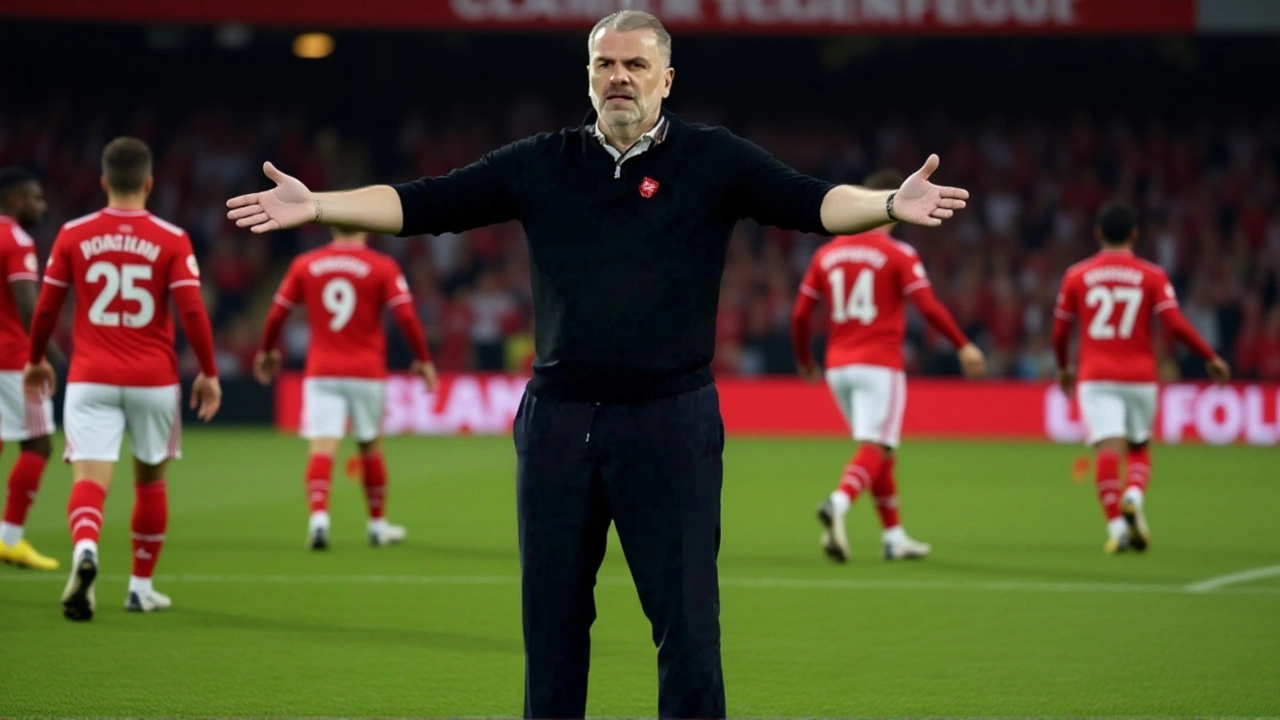September 2025 Archive – Football Management and Political Protest Highlights
When browsing the September 2025 archive, a curated collection of news and analysis published in September 2025. Also known as Sep‑2025 roundup, it offers a snapshot of what mattered that month. The September 2025 archive gathers the most talked‑about stories in a single place, so you can see how different realms of public life intersect. Whether you follow club football, national politics, or street‑level activism, this month’s lineup shows the headlines that shaped conversation. Below you’ll find a quick rundown of the themes that tie the articles together, followed by the full list of posts.
Football Management: Decisions That Shift Seasons
The archive includes insight into football management, the strategies, staff changes and tactical choices that drive club performance. A major story was Ange Postecoglou’s rocky start at Nottingham Forest, where a 3‑0 loss to Arsenal sparked concerns about his ability to translate Celtic success to the Premier League. Analysts noted that losing leads early in the season often predicts broader instability, a semantic triple that reads: Football management influences club results; early setbacks signal deeper issues; club supporters react to managerial performance. The piece also highlighted Sunderland’s home defeat, underscoring how defensive lapses can outweigh offensive intent.
Beyond Forest, the coverage touches on how coaching philosophies affect player development, and how transfer market moves interact with tactical setups. These connections illustrate that effective football management requires both strategic vision and day‑to‑day adaptability. The posts collectively map the cause‑and‑effect chain from boardroom appointments to on‑field outcomes, giving readers a clear picture of why each managerial decision matters.
Turning to the political side, the archive also explores political protests, large‑scale public demonstrations that aim to influence policy and public opinion. The Tommy Robinson rally in London, which drew around 110,000 participants and saw bottles and flares tossed at police, exemplifies how protest dynamics can amplify societal tensions. A second semantic triple emerges: Political protests shape media narratives; media coverage influences public perception; public perception drives political response. The coverage further links these events to broader British politics, the system of government, parties and parliamentary activity in the United Kingdom, where figures like Lucy Powell and Angela Rayner navigate scrutiny over financial affairs and messaging strategies.
These political pieces reveal that protest movements often trigger parliamentary debates, and that party leaders must balance constituency pressures with national optics. By connecting protest incidents with the reactions of Labour’s senior members, the archive demonstrates how political protests influence legislative agendas; legislative agendas affect party reputations; party reputations feed back into protest motivations. The collection gives a rounded view of how street‑level unrest and high‑level politics feed off each other, offering readers a practical roadmap to understanding current events.
In short, the September 2025 archive provides a dual lens on sport and society: it shows how football managers’ choices ripple through club fortunes, and how political protests ripple through parliamentary chambers. Below, you’ll find each article broken down with its own take on these intertwined worlds, ready for you to dive deeper into the details.
 Sep, 28 2025
Sep, 28 2025

